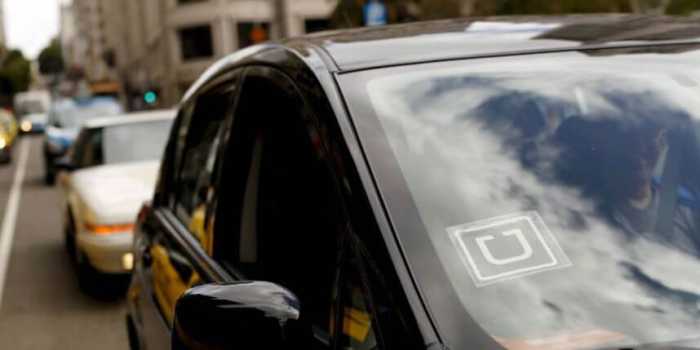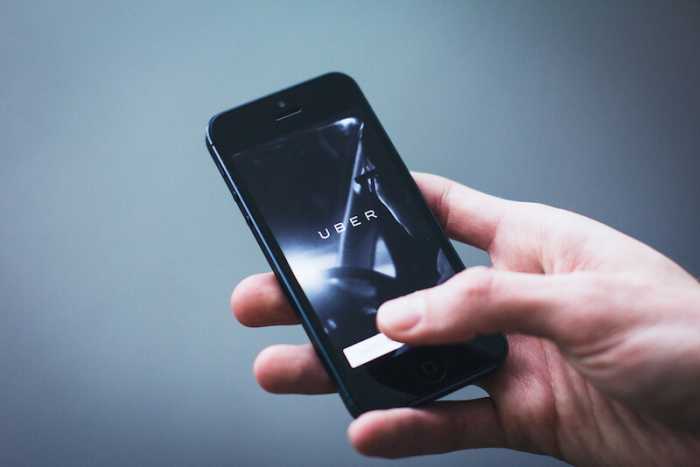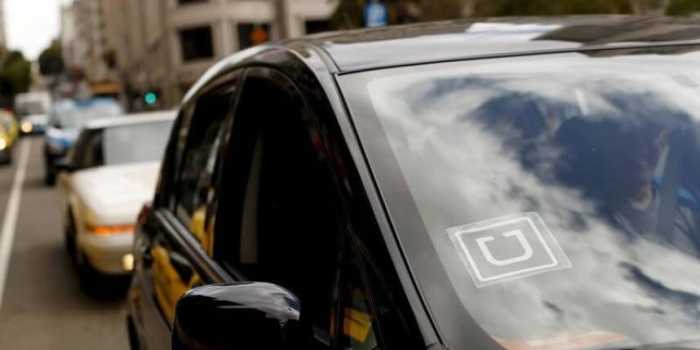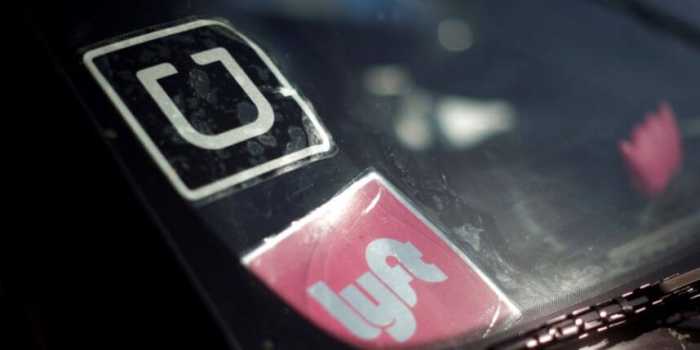Ride share service uberX isn’t just getting scrutiny from local regulators. Researchers at Temple’s Fox School of Business say the controversial service might even save lives. In their paper “Show Me the Way to Go Home: An Empirical Investigation of Ride Sharing and Alcohol Related Motor Vehicle Homicide,”scholars Brad N. Greenwood and Sunil Wattal report that in California, “the entrance of uberX result[ed] in a 3.6 percent – 5.6 percent decrease in the rate of motor vehicle homicides per quarter.” In other words, uberX has a positive impact on reducing drunk driving.
RELATED. City Paper: I was an undercover Uber driver
The study goes on to say that traditional —and in Philly legal—Uber services do nothave the same impact on DUIs. There’s something special about the uberX service itself. “While the entry of uberX strongly and negatively affects the number of motor vehicle homicides,” the report says, “limited evidence exists to support previous claims that this occurs with the Uber black car service as well.” Despite the PPA and even the Philadelphia Police Department performing sting operations to thwart uberX’s unauthorized expansion into the Philly market, uberX celebratedmore than 1 million rides back in April. Since that time, uberX has found itself fighting authorities in court over whether ride sharing violates local regulations on taxicab and like services. Every time thus far, the courts havesided with authorities.
Local regulators even say that some taxi drivers themselves have started participating in uberX.
UberX, the ride sharing app’s low-cost option, essentially empowers everyday people with cars to act as de facto cab drivers, picking up users and dropping them off via Uber’s app. Local authorities say that if someone wants to operate as would a taxicab, then that person needs to be regulated like one, too. The PPA’s taxicab and limousine division reportsthat it has “identified several PPA certified drivers providing illegal service” using uberX. “We have impounded 60 vehicles thus far for providing this type of service,” regulators warned. “Don’t think it can’t happen to you.” “There is no guarantee these cars are clean, safe, inspected, or insured,” the PPA’s Vince Fenerty told the Philly Voice in April. “Their drivers have no training and have not gone through extensive driving or criminal background checks.” Uber’s apparent strategy to combat local regulations is simply to move ahead no matter what. Temple’s Sunnil Wattle insisted that Uber and like services are nonetheless good for consumers. “It’s tremendous value for consumers in the long run,” Wattal toldCBS News last year. “Regulators should exist to facilitate new and innovative services – not to kill [those services].”
Temple Study: Controversial UberX program reduces drunk driving
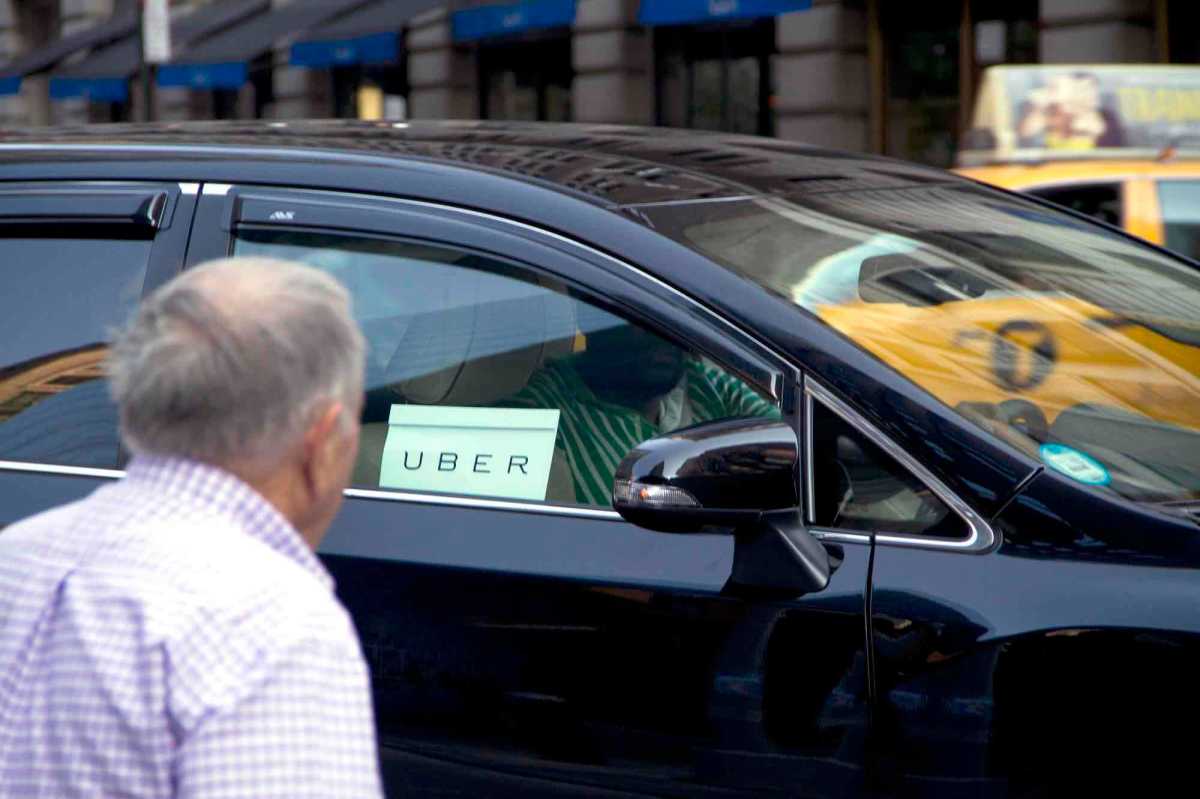
Billy Becerra/Metro



